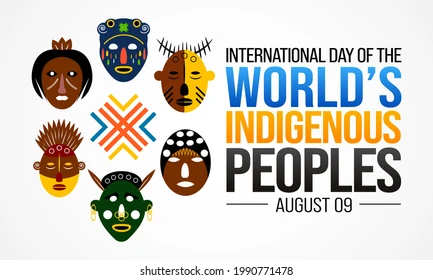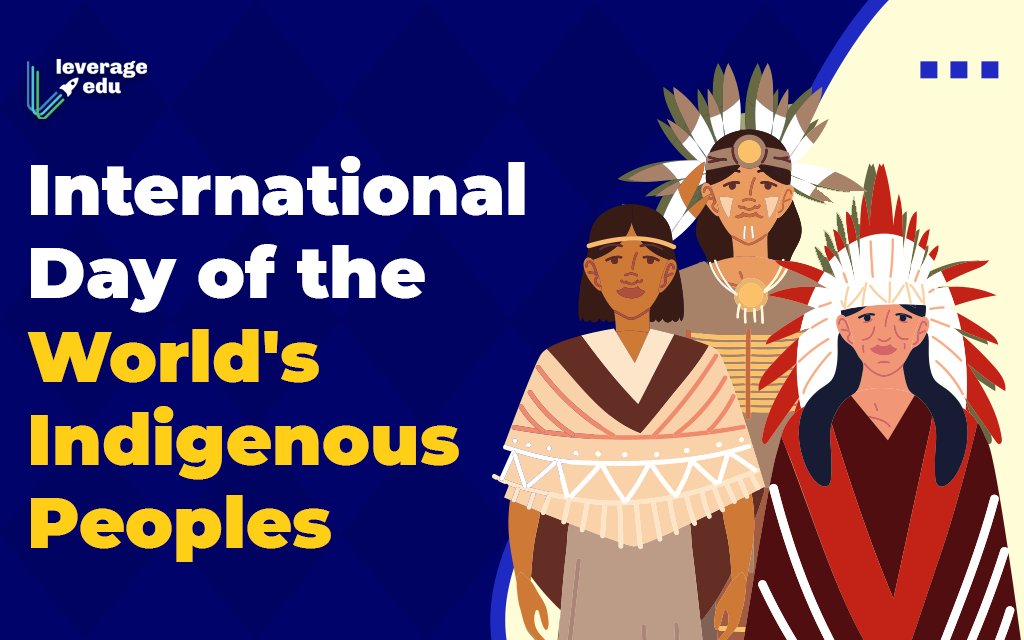
International Day of the World’s Indigenous People: Celebrating Cultural Diversity and Resilience
The International Day of the World’s Indigenous People is celebrated annually on August 9, a date established by the United Nations in 1994 to raise awareness about the rights and contributions of indigenous communities globally. This day honors the rich cultural heritage, traditional knowledge, and historical resilience of indigenous peoples, who have maintained their unique identities despite centuries of colonization, displacement, and marginalization.
The Importance of Indigenous Communities
Indigenous peoples, numbering over 476 million individuals across 90 countries, represent a small fraction of the global population but play an essential role in preserving biodiversity and cultural diversity. These communities are custodians of ancient traditions, languages, and knowledge systems that have been passed down through generations. They often reside in areas rich in natural resources, such as forests, mountains, and rivers, where they have developed sustainable practices that have helped preserve these environments for millennia.
One of the most significant contributions of indigenous peoples is their role in environmental conservation. It is estimated that around 80% of the world’s remaining biodiversity is found in areas inhabited by indigenous communities. These regions include the Amazon rainforest, the Arctic, and other critical ecosystems that are vital to the planet’s health.
However, despite their vital role in maintaining the planet’s ecological balance, indigenous communities face numerous challenges. They are often among the world’s poorest and most marginalized populations, with limited access to education, healthcare, and economic opportunities. Indigenous peoples also suffer from higher rates of land dispossession, violence, and human rights abuses. The loss of their lands not only threatens their way of life but also jeopardizes the preservation of the natural environments they protect.

The 2024 Theme: Indigenous Youth as Agents of Change
Each year, the International Day of the World’s Indigenous People focuses on a specific theme, highlighting a particular aspect of indigenous issues. The theme for 2024 is “Indigenous Youth as Agents of Change for Self-determination.” This theme underscores the crucial role that indigenous youth play in advocating for their rights, preserving their cultures, and driving social and political change within their communities and beyond.
Indigenous youth face a unique set of challenges. Many grow up in environments marked by poverty, discrimination, and limited access to quality education. Despite these obstacles, indigenous young people are increasingly becoming leaders in their communities, advocating for their rights, and working to preserve their languages, traditions, and lands. They are using modern tools, such as social media and technology, to raise awareness about their struggles and to connect with other indigenous groups globally.
The involvement of indigenous youth in the fight for self-determination is vital for the survival of their cultures. As older generations pass on, the responsibility of preserving languages, customs, and traditional knowledge falls on the younger members of the community. These young leaders are not only preserving their heritage but also adapting it to the modern world, ensuring that their cultures remain vibrant and relevant.
Global Efforts to Support Indigenous Peoples
The United Nations and various international organizations have launched several initiatives to support indigenous communities. The UN Declaration on the Rights of Indigenous Peoples, adopted in 2007, is a landmark document that outlines the individual and collective rights of indigenous peoples, including their rights to land, culture, language, and self-determination. This declaration has been instrumental in guiding national policies and international cooperation aimed at improving the lives of indigenous communities.
Another critical initiative is the UN’s Decade of Indigenous Languages, which runs from 2022 to 2032. This initiative seeks to raise awareness about the alarming rate at which indigenous languages are disappearing and to promote efforts to revitalize and preserve these languages. Language is a key component of cultural identity, and the loss of a language often leads to the erosion of the associated culture. The Decade of Indigenous Languages encourages governments, educational institutions, and civil society to take concrete steps to protect and promote indigenous languages.
The celebration of the International Day of the World’s Indigenous People provides an opportunity to reflect on the progress made in protecting the rights of indigenous peoples and to renew global commitments to their cause. It is also a day to celebrate the resilience, creativity, and contributions of indigenous communities, whose unique perspectives and knowledge are invaluable to the world.
Conclusion
The International Day of the World’s Indigenous People is more than just a day of recognition; it is a call to action. It reminds us of the importance of respecting and protecting the rights of indigenous peoples, who are the guardians of some of the world’s most precious cultural and natural heritage. As we celebrate this day, it is crucial to listen to the voices of indigenous communities, particularly the youth, who are leading the charge in the fight for self-determination and the preservation of their identities. The future of indigenous cultures and the well-being of our planet are intertwined, and by supporting indigenous peoples, we are also safeguarding the future for all humanity.


